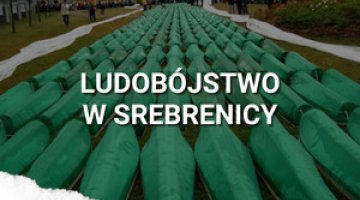Bosnia and Herzegovina: Serbs are taking over post-Yugoslavian property
On 14 September, the parliament of Republika Srpska (RS) in Bosnia and Herzegovina adopted a state property act under which the republic’s government is taking over control of state-owned real estate located in RS. The government of RS will also be authorised to offer such property for use to local governments. The adoption of this act is in line with the policy consistently pursued by RS’s government aimed at reinforcing RS’s autonomy and weakening the central government of BiH and at the same time limiting the international community’s influence on the situation in Bosnia.
The distribution of real estate inherited from the former Yugoslavia located in BiH is one of the main disputes between the governments of the republics and the central government. Representatives of Bosnian Muslims and Croats want ownership titles to the properties to be granted to the central government, which would then offer them for use to the respective governments of the republics. This is opposed by RS’s government. Due to the lack of an agreement on the distribution and status of the disputed real estate, the High Representative banned their use in 2005 (nearly one thousand premises). The adoption of the law regulating the status of state property at the central level, which had to be an effect of a compromise between the ethno-political communities, was recognised by the Peace Implementation Council (PIC) as one of the conditions for the closure of the office of the international community’s High Representative in BiH. This in turn is a condition necessary to be met before the EU can accept BiH’s membership application and before NATO’s Membership Action Plan (MAP) can be launched.
This act, which has been adopted shortly before elections in Bosnia (due to be held on 3 October), has been strongly criticised by the government of the Federation of BiH, the PIC and the High Representative Valentin Inzko as a breach of the Dayton Peace Accord and the constitution of BiH. Although the act is contrary to the High Representative’s earlier decision, he has not taken any steps to invalidate it. This proves that Valentin Inzko has a limited influence on the internal situation in BiH. The RS government’s unilateral actions and arbitrary decision regarding an issue monitored by the international community proves that Bosnian Serb leaders are becoming increasingly independent and self-confident. <MarSz>





